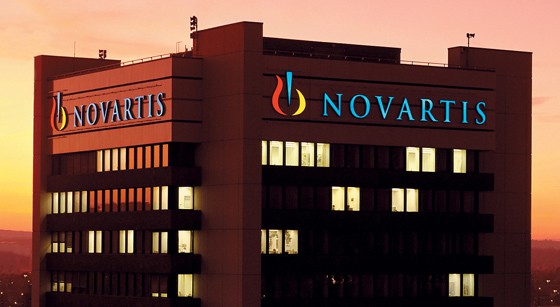
A US court has cleared the way for a biosimilar version of Amgen’s white cell stimulator Neupogen, but the complex ruling could have a wide-ranging impact on companies developing other biosimilars.
The federal appeals court rejected Amgen’s contention that a version of Neupogen developed by Novartis’ Sandoz unit – called Zarxio (filgrastim-sndz) – should be blocked from approval because its developer had not followed proper procedure.
However, it reversed an earlier legal position by ordering that Novartis must wait six months after FDA approval before it can begin selling its drug, which was the first biosimilar to be approved by the FDA.
Zarxio got a green light from the FDA in March and is now scheduled for launch in September.
The new interpretation of the Biologics Price Competition and Innovation Act (BPCIA) – which introduced a route to market for biosimilars in the US – sets the crucial precedent that biosimilar developers can no long give the mandatory 180-day advance warning notification to the owner of the originator drug before receiving FDA approval.
Complicating the matter further, the court upheld an earlier ruling that an element of the BPCIA known as the ‘patent dance’ is non-mandatory, meaning that biosimilar companies do not have the obligation to share details from their license application and agree the scope of patent infringement proceedings.
While the verdict delays Zarxio by just a few weeks, it could have a major impact on companies seeking to launch biosimilars of other brand-name biologics, according to analysts.
On the one hand, the removal of the patent dance requirement makes it harder for brand-name companies to tie-up biosimilars in the courts, but on the other the six-month delay gives them additional breathing space before the start of cheaper competition.
The high revenues achieved by many biologic drugs means that any delay to the onset of biosimilar competition can have a massive impact on both brand-name companies and healthcare payors.
For example, a six-month delay in low-cost competition for a big-selling drug like AbbVie’s Humira (adalimumab) – biosimilars of which are expected in 2017 – would equate to millions of dollars in additional sales every day for the company and add to healthcare costs.
Lawyers have pointed out that making the patent dance voluntary is actually at odds with the 180-day notice provision, which according to the wording of the BPCIA depends – at least in part – on prior patent negotiations. That makes it more likely that the appeals verdict will be sent up to the Supreme Court for an ultimate ruling on the contentious issue.




